We understand that not everyone has the equipment or expertise to brew tea optimally. In this article, we aim to address this issue.
In general, there are 4 ways to brew teas (Western or Chinese). We have ranked from the easiest method (requiring no equipment) to the more complex methods of brewing teas below:
1) Grandpa style
2) Tea Infuser
3) Western style
4) Gongfu style (Gaiwan/Zishahu)
1) Grandpa Style
The Grandpa style of brewing tea requires no specialised equipment. It looks like this:
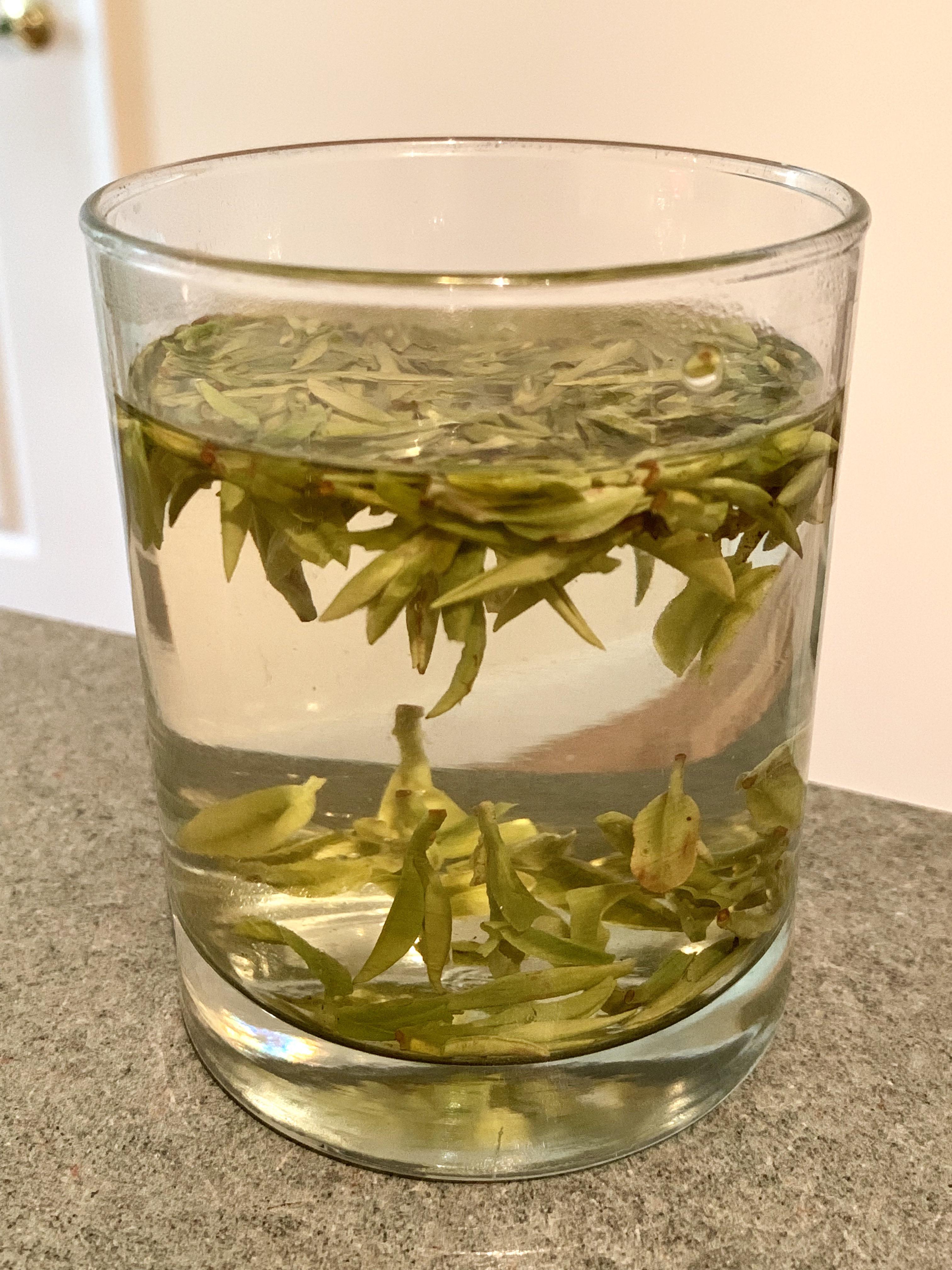
Using a normal large mug, throwing a smattering of tea leaves into a full glass of boiling water. A rough ratio to use would be 1.5-2 tablespoons of tea leaves to about 400ml of boiling water. Leave to steep for about 2 minutes, or until the liquid turns to about a golden brown (for lightly roasted teas) or maple brown (for heavily roasted teas). This will take about 2 minutes. After that, you may proceed to drink the tea. When you have finished most of the liquid (approximately two-third), you can refill with boiling water. However, we only recommend one refill as the law of diminishing returns will apply.
2) Tea Infuser Glasses
Tea infuser glasses can be readily found on Shopee, Lazada, or any major e-commerce platforms. In fact, even shops such as Japan Home stock tea infusers. A tea infuser mug looks like this:
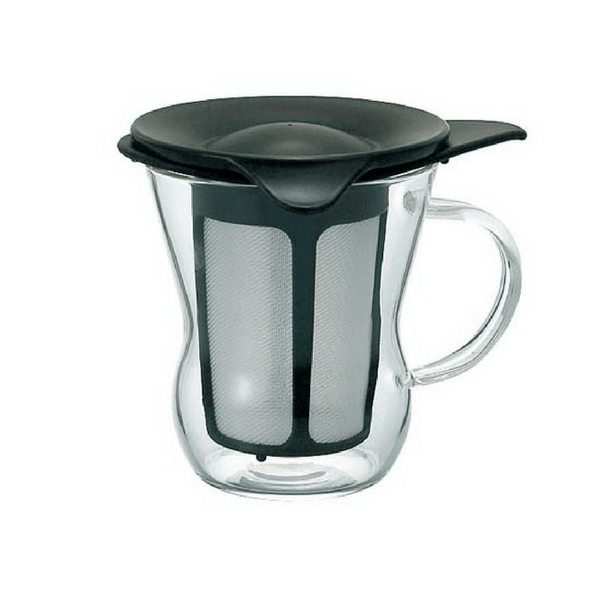

For quality glassware, you can consider Hario Tea Infusers. We use their glasswares to brew coffee, so we know that their items are sturdy. You can get these from Tokyu Hands or Isetan.
The instructions for brewing with a tea infuser is similar to that of brewing Grandpa style. 1.5-2 tablespoons of tea leaves to about 400ml of boiling water. The only difference would be to pull the infuser out of the mug when the liquid turns golden brown (for lightly roasted teas) or maple brown (for heavily roasted teas).
3) Western Style
Western style brewing usually involves a tea strainer (or tea bag), and a teapot. Western style brewing is suitable when you are expecting larger groups of people, and when you wish to keep it simple.
Hario makes teapots with strainers that are relatively well-priced and durable (not a sponsored post!).
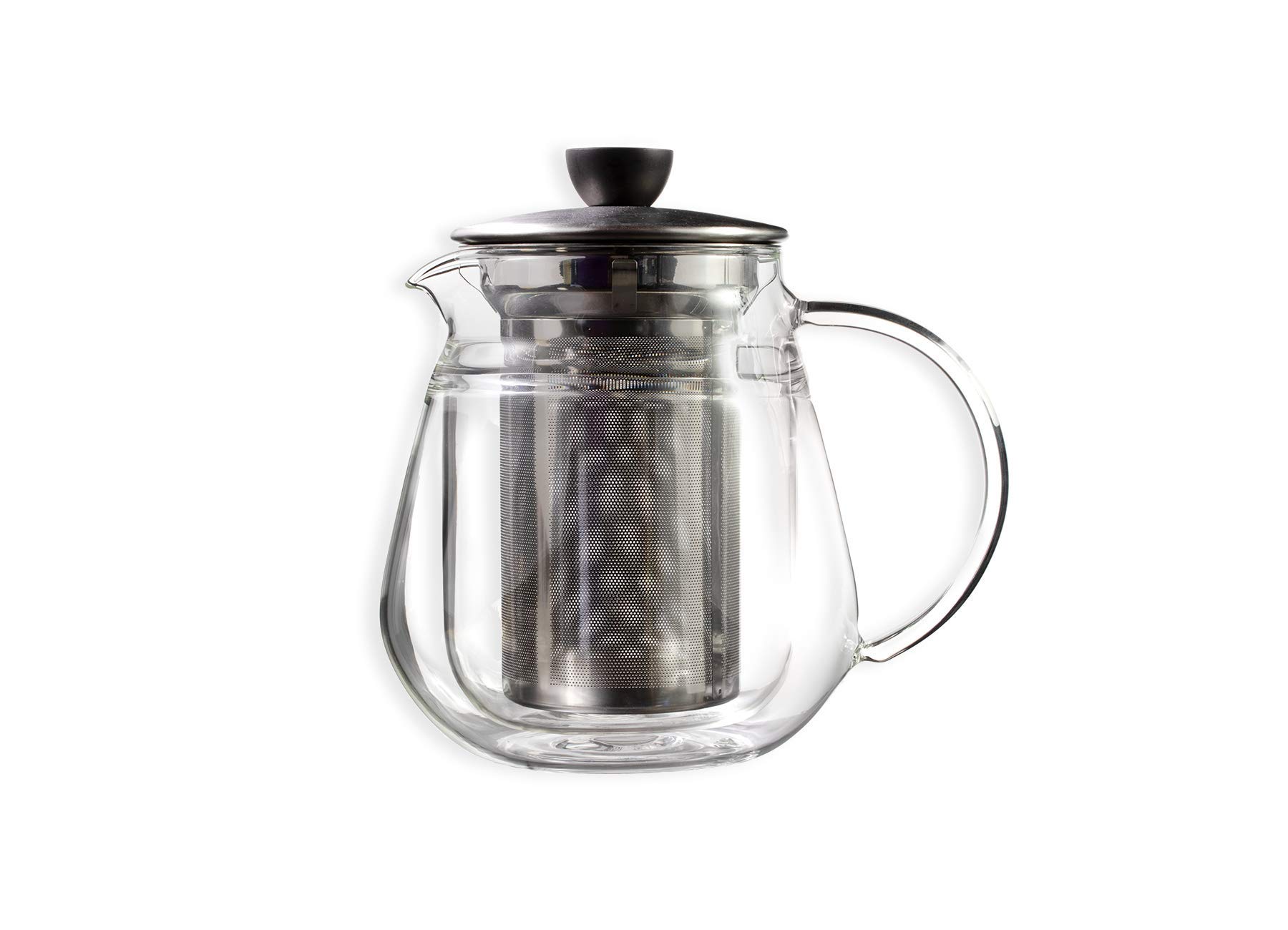
Alternatively, you can just use any teapot you have at home, and get a tea strainer ball or disposable tea sachets that are very wallet-friendly. You should be able to find these at Giant or Daiso. When we bought ours, the tea strainer balls cost less than S$5, while a bag of 50 empty tea sachets cost about $2 to $5.
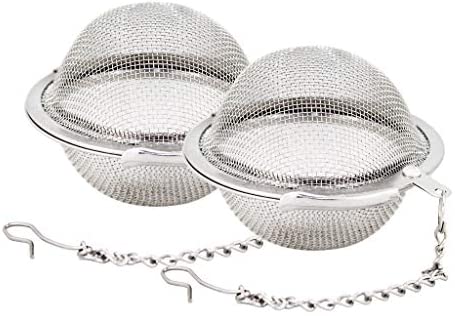
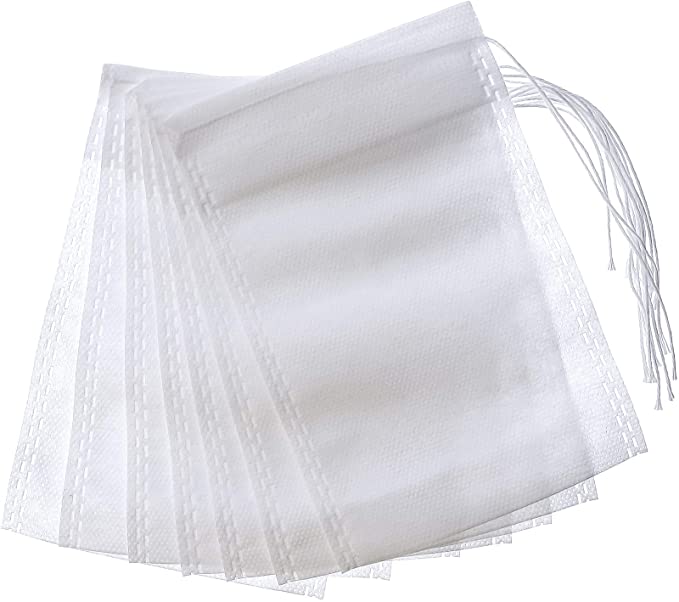
Tea Strainer Ball Tea Sachets
Again, 1.5-2 tablespoons of tea leaves to about 400ml of boiling water will do the trick. Remove the tea strainer/tea bag when the liquid turns golden brown (for lightly roasted teas) or maple brown (for heavily roasted teas).
4) Gongfu Style
Gongfu (or 功夫) means skill in English. Taken together, it means to brew tea with skill. This method of brewing requires tea to be put into a Gaiwan (盖碗 - a Chinese lidded bowl)or a Zishahu (紫砂壶 - Yixing Clay Teapot). The tea is then poured out into a Fairness Cup (公道杯), then poured into individual cups.
Equipment Required:
- Lidded Bowl (Gaiwan)/ Clay Teapot (Zishahu)
- Fairness Cup (Gong Dao Bei), or any small glass/ceramic pitcher
- Individual Cups
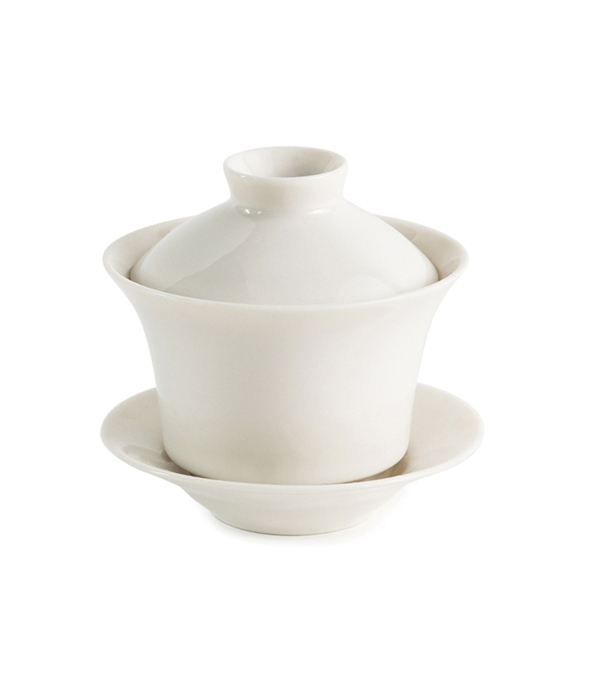
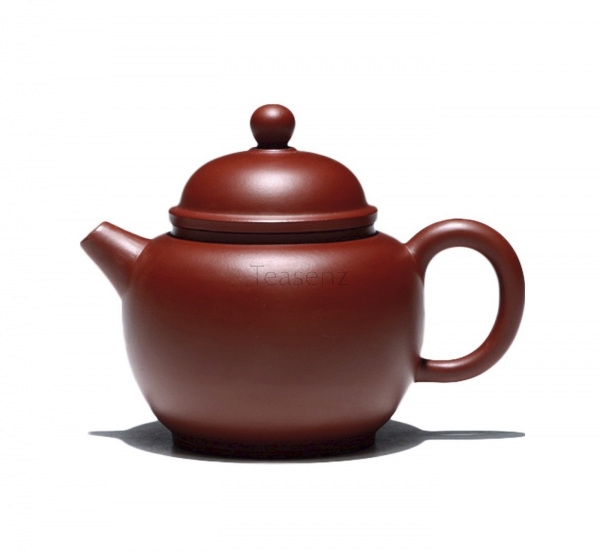
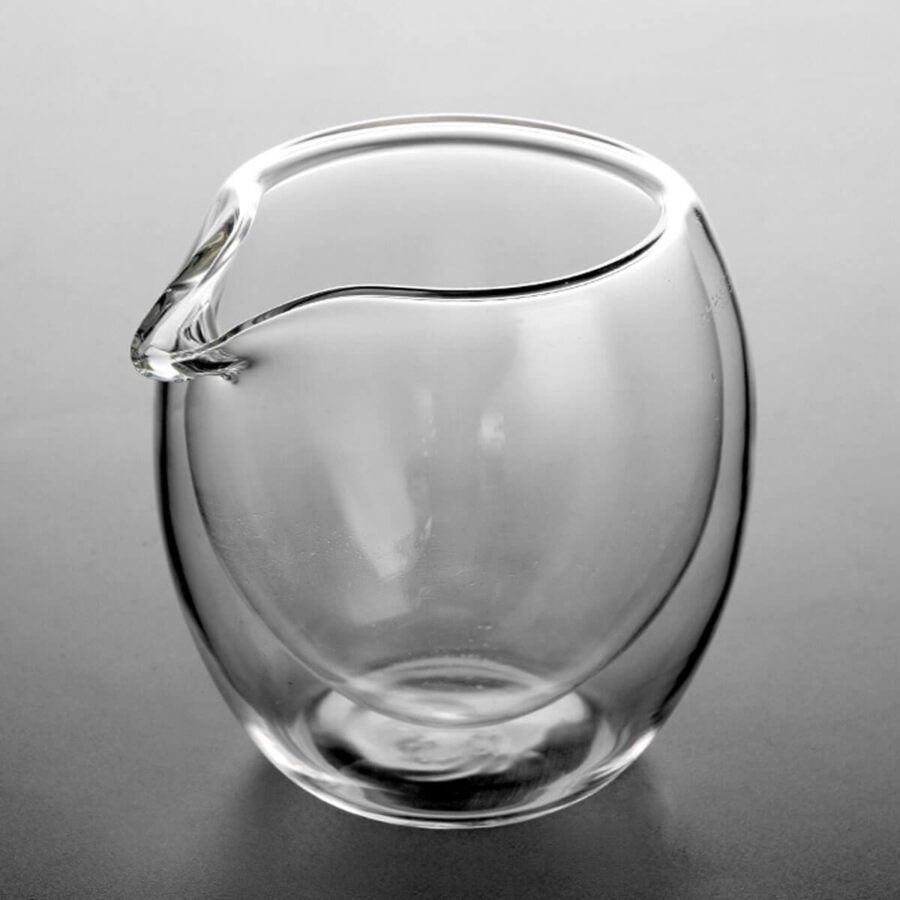
Gaiwan Zishahu Fairness Cup
*Sidenote: if you are intending to buy a clay teapot, be wary of sellers claiming to sell zishahu teapots. Some claypots have dubious origins and might have extra additives/chemicals
Instructions
- Use a ratio of 5g tea leaves to 130ml of water
- Put the tea leaves into the Gaiwan/Zishahu
- Rinse the tea leaves in the Gaiwan using boiling water. Drain the liquid into the fairness cup, then dispose of the liquid.
- For the 1st and 2nd steep, pour boiling water into the Gaiwan. Let steep for 3-4 seconds, then pour the liquid into the Fairness cup
- For subsequent steeps, you may steep longer, depending on the roast and quality of the tea. There are no pre-defined parameters as to how long to steep, as different people have different preferences.
- Good quality Oolongs will last for about 5-6 steeps. Red teas will last for about 7-8 steeps. Raw Puerhs will last for up to 10 steeps, or sometimes even more.
